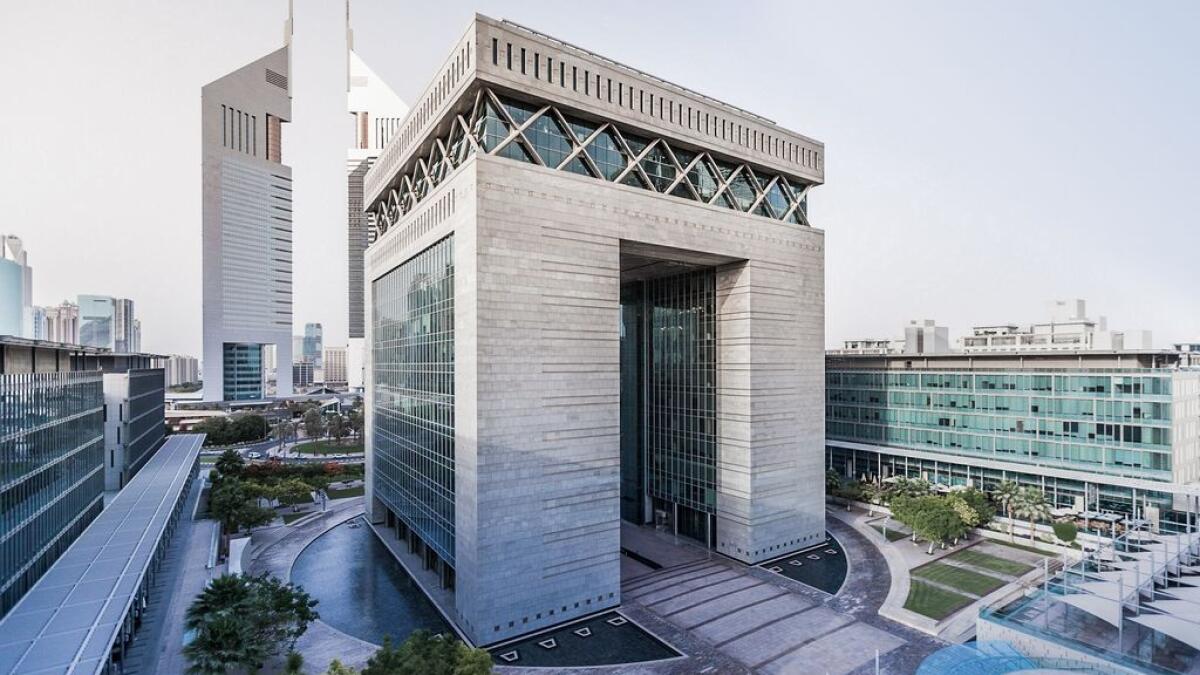Former private banker Peter Georgiou has been fined $980,020 for misleading conduct and his involvement in the violations of his former employer, Mirabaud (Middle East) Limited (MMEL), as reported by the Dubai Financial Services Authority (DFSA). Georgiou, a former private banker at MMEL, has also been banned from holding any office or working for a DFSA-authorsed firm and is restricted from providing financial services in the Dubai International Financial Centre (DIFC).
The DFSA found that Georgiou lacked integrity and was unfit to work in the DIFC’s financial sector. Specifically, the authority discovered that the former banker deliberately misled MMEL’s compliance team, sent a forged deceptive email to a client, and provided false information to the DFSA during an interview. In July 2023, the DFSA fined MMEL $3 million for having inadequate AML systems and controls, with Georgiou found to have played a role in the failure to properly conduct due diligence on existing customers and assess clients’ financial markets experience.
Ian Johnston, chief executive of the DFSA, emphasized the importance of compliance with AML rules and adherence to high standards of integrity within the financial services sector in the DIFC. He stated that the DFSA remains committed to holding individuals and firms accountable for misconduct, with the sanctions imposed on Georgiou serving as a strong warning to others who may be considering engaging in similar behavior. The DFSA’s decision notice regarding this case is available on its official website.
It is crucial for individuals working in the financial services sector to uphold integrity and comply with regulatory requirements, especially when it comes to anti-money laundering controls. Failure to do so can result in severe penalties, as demonstrated by the case of Peter Georgiou and MMEL. The DFSA’s actions aim to maintain the reputation and integrity of the DIFC as a financial hub and send a clear message about the consequences of misconduct.
Financial institutions and individuals operating in the DIFC must engage with regulators transparently and honestly, ensuring that they uphold the highest standards of integrity. The importance of due diligence and proper assessments of clients’ financial backgrounds cannot be understated, as these processes are crucial in identifying and preventing potential financial crime. The DFSA’s decision in this case underscores the significance of complying with AML regulations and cooperating with regulatory authorities.
The sanctions imposed on Peter Georgiou underscore the seriousness of his misconduct and the consequences of misleading conduct in the financial services sector. By holding individuals accountable for their actions, the DFSA aims to preserve the integrity of the DIFC and promote a culture of compliance within the financial community. The regulatory actions taken in this case serve as a reminder to all industry participants that adherence to regulatory standards and ethical conduct are essential to maintaining trust and integrity in the financial sector.
In conclusion, the DFSA’s enforcement actions against Peter Georgiou and MMEL highlight the importance of upholding integrity and complying with AML regulations in the financial services sector. By imposing significant fines and sanctions, the DFSA aims to deter misconduct and protect the reputation of the DIFC as a leading financial hub. Compliance with regulatory requirements and ethical standards is essential for all industry participants to foster a culture of trust, transparency, and integrity in the financial community. It serves as a warning to others who may be tempted to engage in similar behavior and reinforces the consequences of non-compliance with financial regulations.










